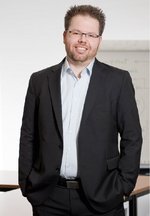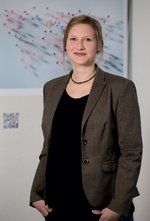
Transformation of Contemporary Societies
The transformation of contemporary societies is essentially a reaction to worldwide phenomena associated with the dissolution of borders, or the various cultural, social and political processes that cause national borders to shift, be redrawn or removed all together. In the main research area “Transformation of Contemporary Societies”, the aim is to analyze phenomena of building social and political order under borderless conditions in different areas of society, from different social perspectives, and in different regions of the world. Work is conducted on an internationally comparative basis employing effective methods for constructive cross-disciplinary research.
In January 2014, the main research area made an important organizational change by introducing individual membership as its basis. Previously, institutes and central scientific facilities delegated representatives to the main research area and its research committee; over the past two years, over 110 postdoctoral scientists and academics from the UDE have become individual members of the main research area. Researchers from five faculties (Educational Sciences, Humanities, Social Sciences, Business Administration and Economics, Mercator School of Management/Faculty of Business Administration), seven central scientific facilities and four affiliated institutes of the UDE are currently participating in 30 projects within this main research area.
The main research area has been particularly engaged in developing cooperative research projects from the initial idea stage in theme workshops to proposal or publication maturity. In doing so it is committed to:
- Initiating and supporting larger-scale research consortiums
- Facilitating interdisciplinary exchange between academics and researchers in the participating disciplines and faculties
- Supporting and promoting young researchers in developing their own research profile.


